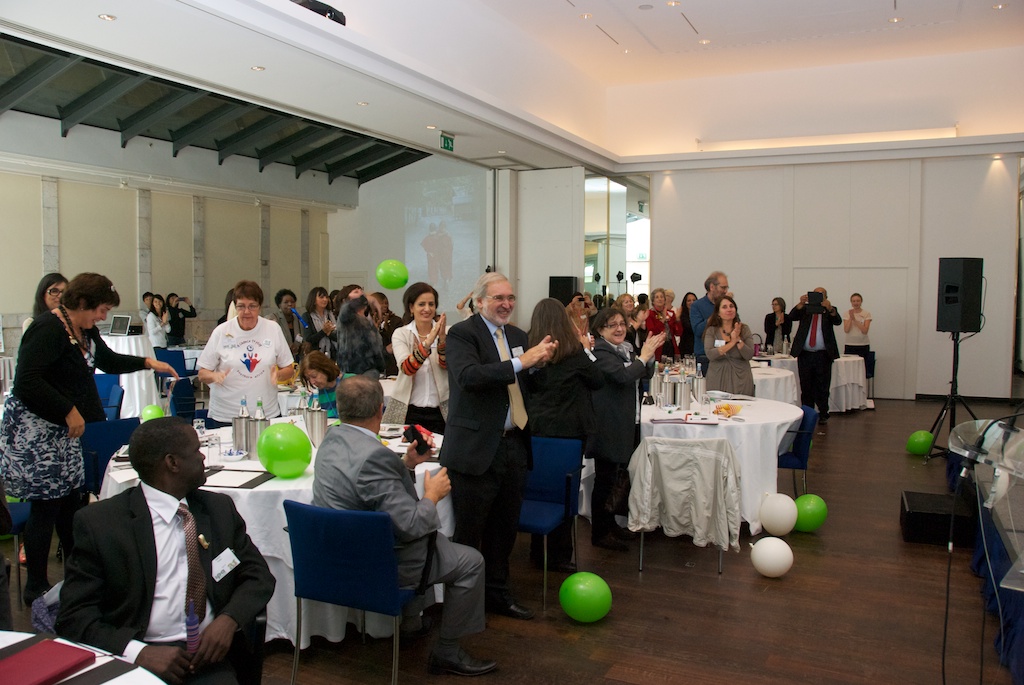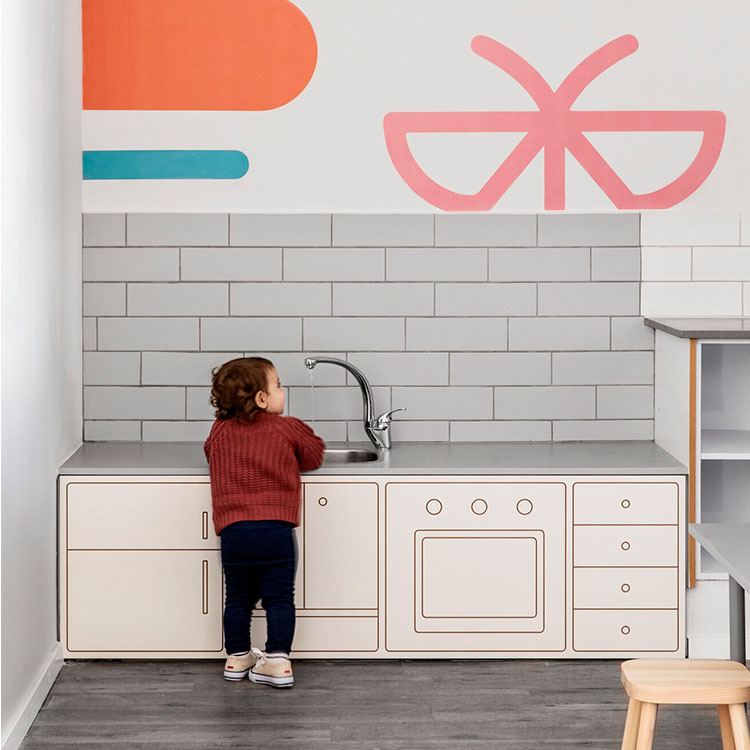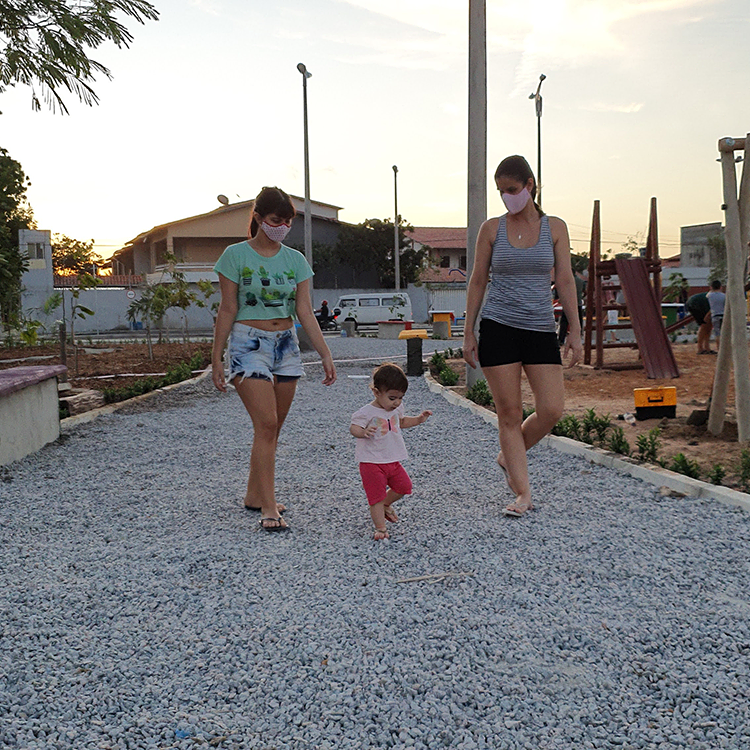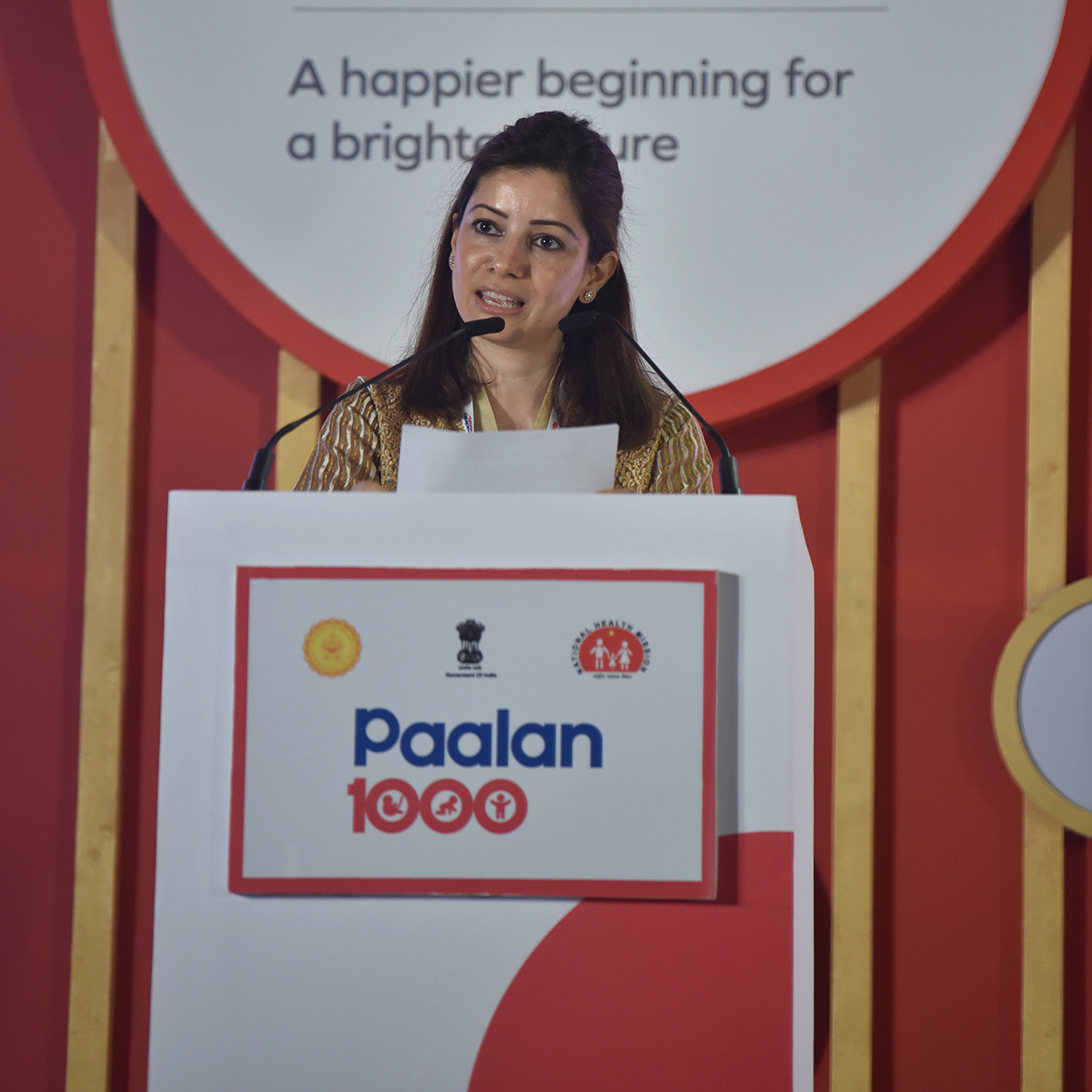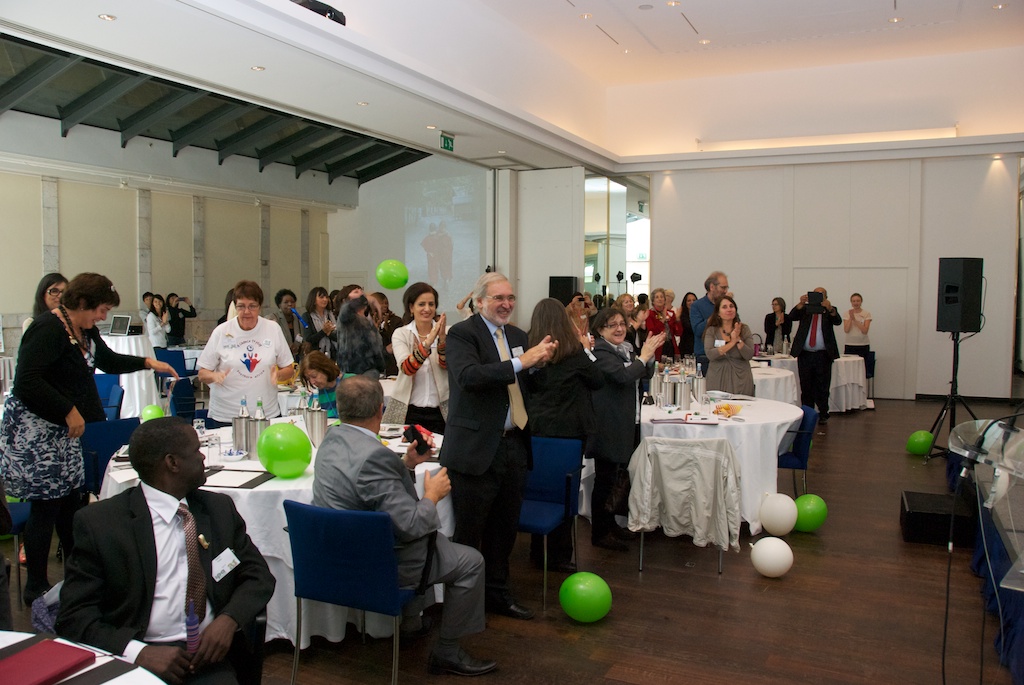
September 30, 2013 was a special day in Geneva. That day, representatives from the UN Committee on the rights of the Child, NGO’s, and play advocates all gathered together in Hotel Richmond for a special event. All shared a single mission and they all took children’s play very seriously. The event was the official launch of the General Comment (GC) for the Article 31 of the Convention on the Rights of the Child (CRC).
Article 31, as some of the play activists refer as the “forgotten article”, is about the child’s right to play. It states that every child has the “right to rest and leisure, to engage in play and recreational activities appropriate to the age of the child”.
So, what is a General Comment? State parties have the obligation to officially report to the UN committee on the progress they make on each of the articles. However, past experience tells us that there is very little understanding about play, and hardly any country managed to report their progress on it comprehensively and satisfactorily. This is also valid for NGO reports. General comments are documents where the interpretation of the CRC provisions and principles are framed by the Committee. They give guidance to the governments on how to develop policy and act on certain issues (in this case play). Translated into all official UN languages, the general comment on play will be widely available around the globe.
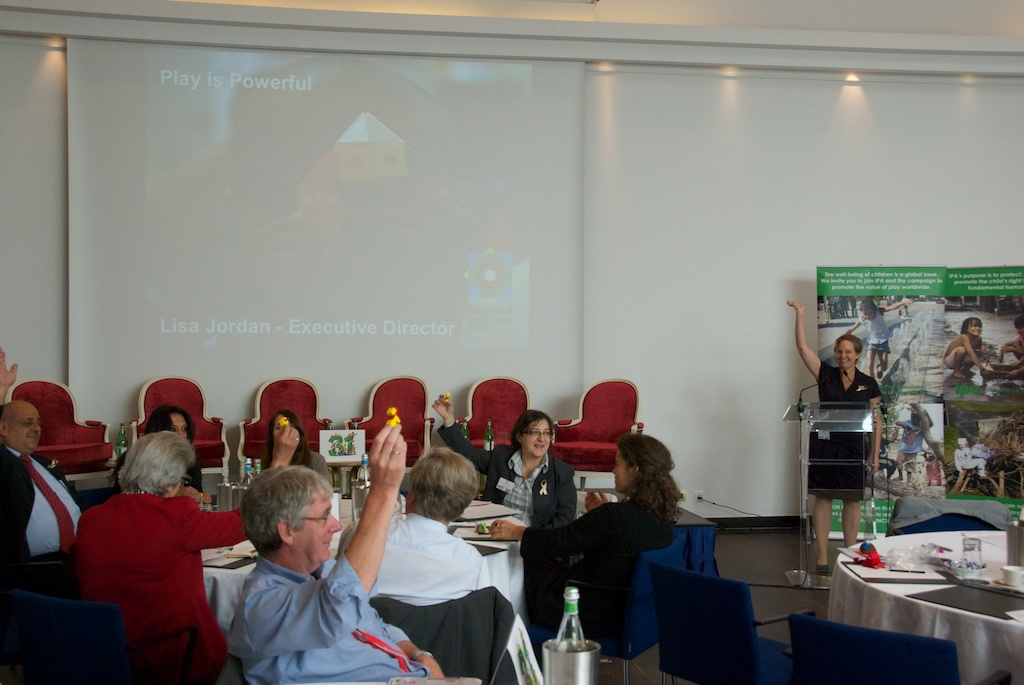
We desperately needed a General Comment for article 31, because play seems to be one of the more ambiguous and less understood concepts that persons involved in CRC has to deal with. Although there are tons of research on value of play for young children, especially undirected, free play, it has always been a challenge to bring it within the framework of the education agenda. The unbreakable link between free play and early learning is never understood well, especially by the educators. This was a topic widely discussed during the launch event and that is why the Bernard van Leer Foundation executive director Lisa Jordan quoted the famous developmental psychologist Piaget in her speech underlining the importance of children using curiosity and exploration for self-initiated learning through play.
Where do we go from here? It is critical that we strongly communicate the concepts and ideas within the general comment to all parties that are involved, especially the governments. Therefore, advocacy at country level is essential. This has already started in some countries, where groups affiliated with the International Play association (IPA) are planning and executing events, shows, and other activities. We are already making progress in many places. In Scotland the Commissioner for Children and Young people is partnering with IPA Scotland to organise a high profile event to launch the GC. Discussions are moving in Belfast with Commissioners across Britain and Ireland and an agreement was reached to draft a joint statement on play. Probably, one of the most exciting news came from Turkey. A meeting with the City Minister of Education of Turkey, managing more than 5 million students plus teachers in Istanbul led to a decision to rearrange play hours in schools promoting free play and adult guided play. The Bernard van Leer foundation will continue to follow up the issue, especially in the countries where we work, because it is essential to bring play into the education and development agenda for young children in the strongest way as possible.
